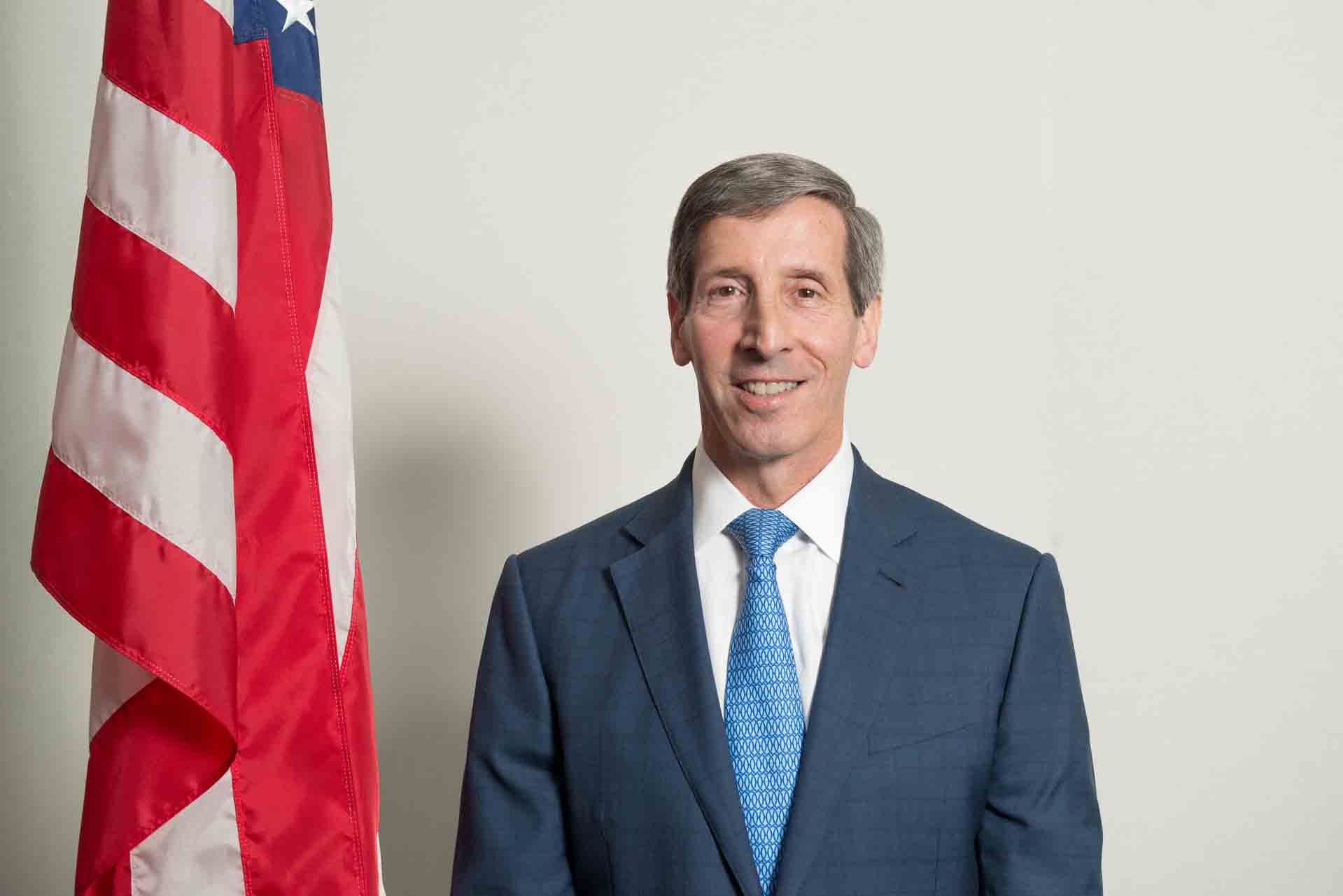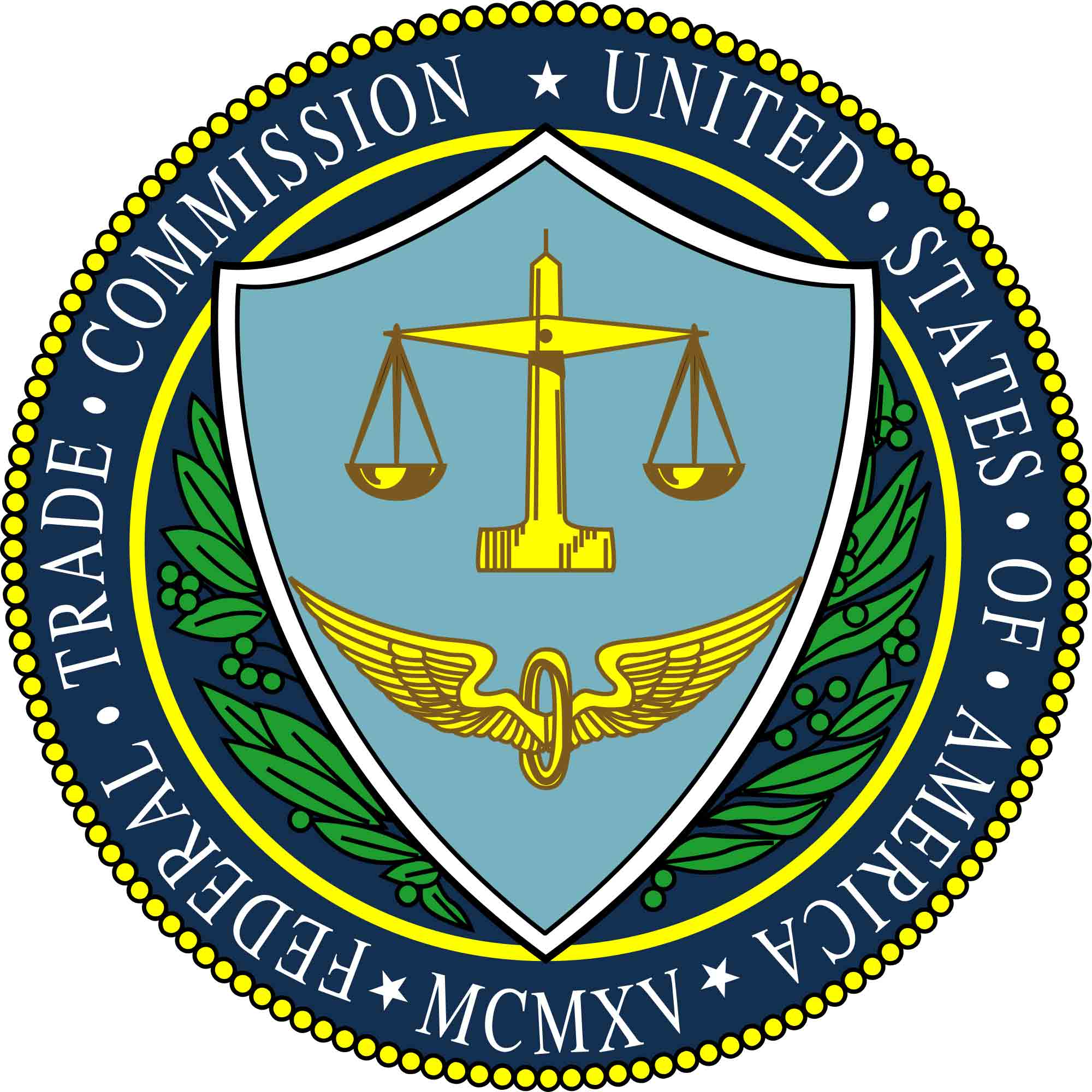FTC Won’t Be Neutral on Net Neutrality

The smarter way to stay on top of broadcasting and cable industry. Sign up below
You are now subscribed
Your newsletter sign-up was successful
WHY THIS MATTERS: The FTC wants it known that any ISPs looking to bend competition rules will do so at their risk.
Network neutrality activists have been playing up doom-and-gloom scenarios of internet service providers blocking, throttling or engaging in paid prioritization with impunity, now that FCC rules against those practices are gone.
But the matter is not quite so black and white, or in this case black and blacker, as the chairman of the Federal Trade Commission has made clear. He also put ISPs on notice that any anti-competitive conduct would draw the agency’s ire.

Yes, there are no longer express prohibitions on those practices. And, yes, the FCC did deed the FTC primary enforcement of network neutrality.
But while activists have suggested that all internet service providers need to do is be transparent about their practices to escape enforcement, the FTC’s power goes beyond just punishing ISPs for not doing what they say they are doing per the FCC’s heightened transparency requirements.
The FTC also has the authority to go after any anticompetitive conduct. Disclosing that conduct no more immunizes ISPs than, say, a pickpocket, by announcing he’s stealing a wallet, moves him beyond the long arm of the law.

FTC chairman Joseph Simons made that clear last week, telling B&C and other news outlets in a press conference that the agency was going to vigorously enforce its authority in the space.
The smarter way to stay on top of broadcasting and cable industry. Sign up below
He said that if it turns out any broadband providers are engaging in anti-competitive conduct, “we will be all over it.”
The FTC would “love to hear” from anyone who thought ISPs were doing anything “problematic” from an antitrust standpoint, he added.
Simons also confirmed that if the FTC were responding to a complaint or its own investigation into blocking, throttling or paid prioritization, and concluded the conduct at issue were anti-competitive, it had the authority to take action.
“We’ve got authority back in this space, and we are actively looking,” he said.
Contributing editor John Eggerton has been an editor and/or writer on media regulation, legislation and policy for over four decades, including covering the FCC, FTC, Congress, the major media trade associations, and the federal courts. In addition to Multichannel News and Broadcasting + Cable, his work has appeared in Radio World, TV Technology, TV Fax, This Week in Consumer Electronics, Variety and the Encyclopedia Britannica.

